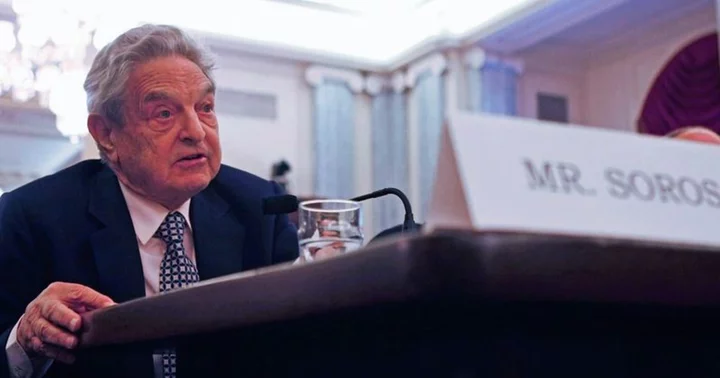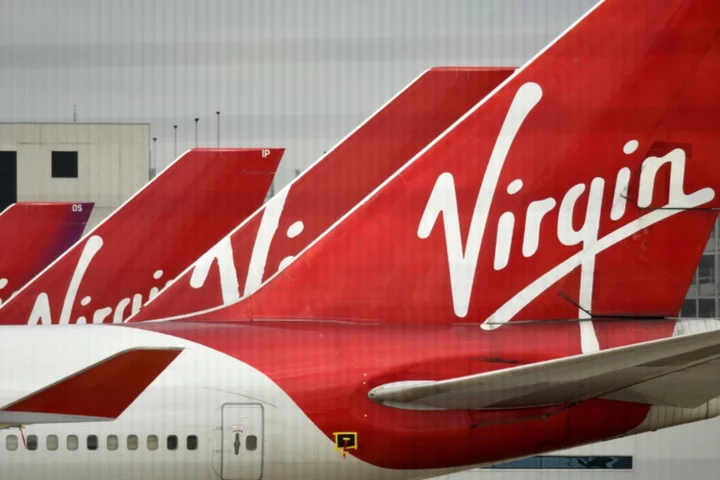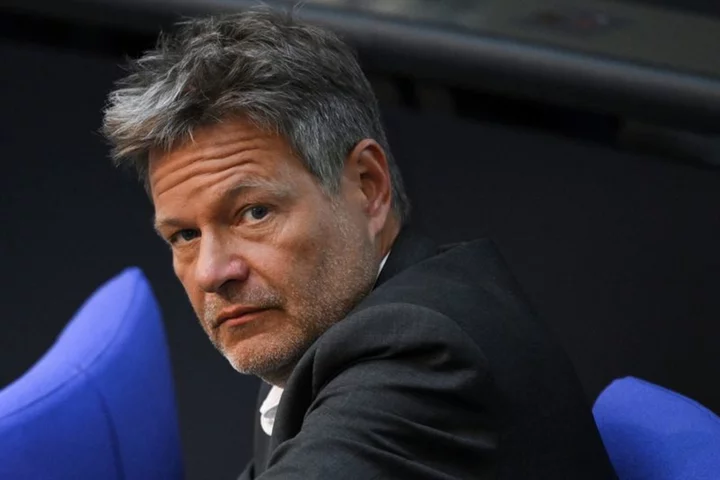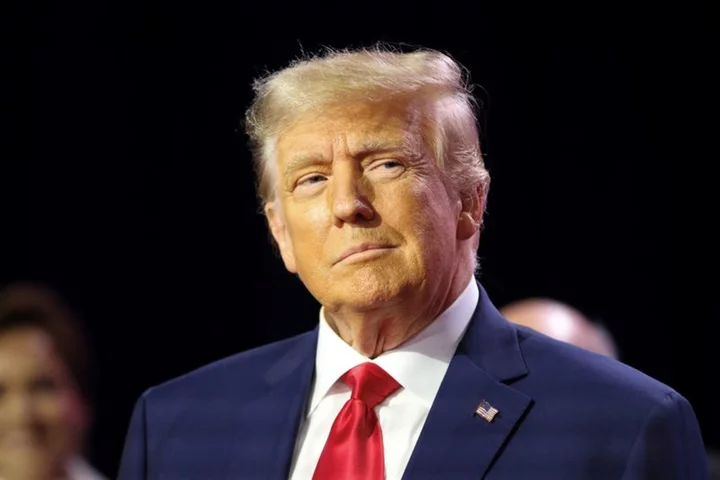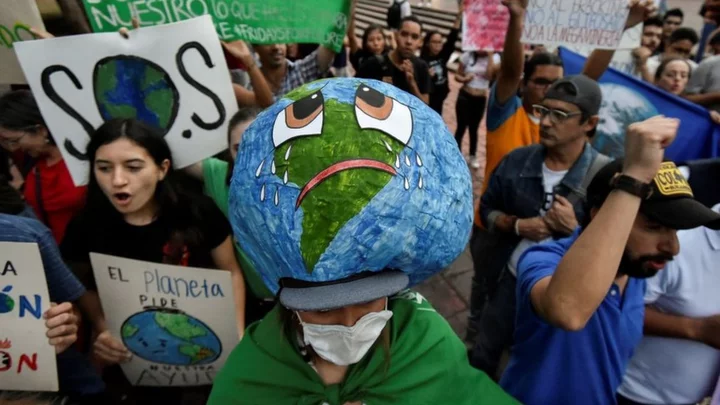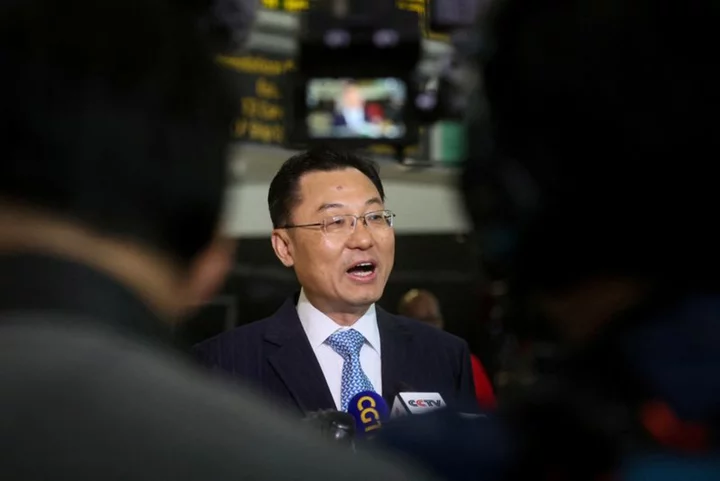LOS ANGELES, CALIFORNIA: George Soros, a name that has become synonymous with controversy and intrigue, has long been a subject of fascination and debate in political circles. For years, the right wing has oscillated between fixation and suspicion of Soros's true intentions.
While many liberals perceive him as a Holocaust survivor from Hungary who fled communism and emerged as one of the world's foremost funders of democracy, anti-communism, and liberal education, conservatives view him through a very different lens.
Elon Musk says George Soros 'hates humanity'
Elon Musk, the influential owner of X (formerly Twitter), recently expressed his concerns about George Soros on 'The Joe Rogan Experience' podcast, adding his voice to the chorus of critics on the right. Musk asserted that Soros's financial backing of progressive district attorneys had severely impacted numerous US cities.
He did not mince words, stating, "In my opinion, [Soros] fundamentally hates humanity. He's doing things that erode the fabric of civilization. Getting DAs elected that refuse to prosecute crime, that's part of the problem in San Francisco and LA."
Musk went on to argue that district attorneys who consistently fail to uphold the law represent a shortcut tactic to changing laws, stating, "Soros realized that you don't actually need to change the laws, you just need to change how they're enforced. If no one chooses to enforce the laws, or the laws are differentially enforced, it's like changing the laws."
The power and influence attributed to Soros are nothing short of remarkable. His critics have levied an array of accusations, some even toying with the realm of conspiracy theories.
Criticism of George Soros from various corners
In 1997, the prime minister of Malaysia held Soros responsible for his nation's economic collapse. In 2004, former House Speaker J Dennis Hastert suggested that Soros's efforts to counter George W Bush's re-election bid may have been financed by "drug money."
Even former President Donald Trump hinted in 2018 that Soros was funding migrant caravans making their way to the United States' southwestern border.
Some on the right have, perhaps implausibly, claimed that Soros financed both the "great replacement" theory, which alleges the replacement of White Americans with people of color, and the 2017 white supremacist rally in Charlottesville, Virginia, as a "false flag" event, per The New York Times.
Meanwhile, in Hungary, Soros has been turned into a central villain by Prime Minister Viktor Orban, who coined the term "illiberal democracy" as a cornerstone of his Fidesz party's campaign ahead of a general election in 2018. Billboards across Hungary featured images of Soros with the slogan: "Let's not let George Soros have the last laugh."
In a response to charges of antisemitism regarding criticisms of Soros, conservative columnist Charles CW Cooke asserted that Soros's active involvement in politics, including his efforts to elect liberal district attorneys, makes him fair game.
“This is America,” he wrote. “In free countries, free people are allowed to argue for whichever sort of elected officials they prefer. And in return, other free people are permitted to criticize them.”
George Soros's influence on higher education
Another dimension of Soros's influence comes through his substantial involvement in higher education. Matt Palumbo, author of 'The Man Behind the Curtain: Inside the Secret Network of George Soros', has examined Soros's impact on American universities, per the New York Post.
According to Palumbo, Soros has directed a significant portion of the Open Society Foundation's budget toward influencing higher education both in the United States and abroad. In 2020 alone, the foundation allocated more than $63 million, over 5% of its budget, for this purpose.
Soros has funded thousands of scholarships, invested hundreds of millions in American colleges, and even established his own university.
Soros's initial venture into higher education began with the founding of the Central European University (CEU) in Hungary in 1991. This institution served as his ideological base of operations in the realm of higher education and was a springboard for his foray into influencing American higher education.
Open Society Foundation, created by the 92-year-old Soros and funded by a $25 billion endowment, goes far beyond traditional philanthropy. As detailed by Palumbo, OSF is one of the most powerful progressive forces in the world, active in over 120 countries.
Since its founding, OSF has spent nearly $20 billion and boasts an annual budget of $1.5 billion, primarily sourced from Soros's wealth amassed as a hedge fund manager.
One of the most revealing glimpses into Soros's influence overseas came in the form of a 2017 leak from the Open Society Policy Institute. The leaked document, titled 'Reliable Allies in the European Parliament,' profiles members of the European Parliament considered allies of the Soros empire, spanning 11 committees and 26 delegations.
At the time, 226 members of the European Parliament out of 705 were identified as 'proven or likely' allies of Soros, suggesting a sophisticated and extensive political lobbying network.
George Soros's influence on US media & politics
Soros's influence extends into American media. An analysis by the Media Research Center revealed that numerous media outlets employ journalists who also serve on boards of organizations receiving substantial funding from Soros.
These organizations include major outlets such as ABC, NPR, the New York Times, CNN, CBS, and PBS, as well as numerous smaller media companies.
Soros's influence in politics, particularly through financial contributions, raises questions about the relationship between money and political power in a democracy.
The media's tendency to shield George Soros from criticism by dismissing it as conspiratorial has been challenged by some, such as Silicon Valley entrepreneur David Sacks.
"Soros sought to have an outsized impact on public policy…" Sacks wrote on X. "In any other context, the influence of money in politics would be a legitimate topic of conversation. Indeed, it is highly appropriate in a democracy to recognize when a special interest has subverted the public interest."
Elon Musk responded to the thread, further emphasizing the Soros's strategic influence. "Soros astutely identified a massive arbitrage opportunity in district attorney elections, where a relatively small amount of money has outsized influence," he stated.
Indeed, Soros's approach has been effective. In 2016, a Politico article reported that Soros poured more than $3 million into local district attorney campaigns in six states within a single year. In one instance, he donated $930,000 to a single candidate, a sum that reportedly exceeded the local median household income by more than 22 times.
The Open Society Foundation's support for far-left, progressive prosecutors has propelled Soros into the public eye, more than any other aspect of his extensive political involvement. To date, OSF has invested at least $40 million in electing nearly eighty far-left local prosecutors nationwide, as indicated by the non-profit Law Enforcement Legal Defense Fund.
When news surfaces about a violent criminal being released without bail or a severe criminal receiving a lenient sentence, it is often linked to a district attorney with ties to Soros. This has led to growing criticism of district attorneys across the country for being too lenient on criminals.
In a controversial move, Manhattan District Attorney Alvin Bragg reportedly declared that his office wouldn't prosecute certain "nonviolent" crimes, such as resisting arrest and fair beating, in his "Day One" memorandum, a policy he later amended due to public opposition.
In a Wall Street Journal op-ed from last year, Soros doubled down on his commitment to elect "reform-minded prosecutors" and challenged those who have blamed recent spikes in crime on the policies of these prosecutors.
Ultimately, the question of whether George Soros is a benevolent philanthropist or a dangerously influential figure with ulterior motives remains a matter of public debate.

